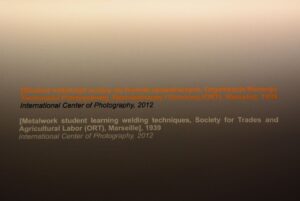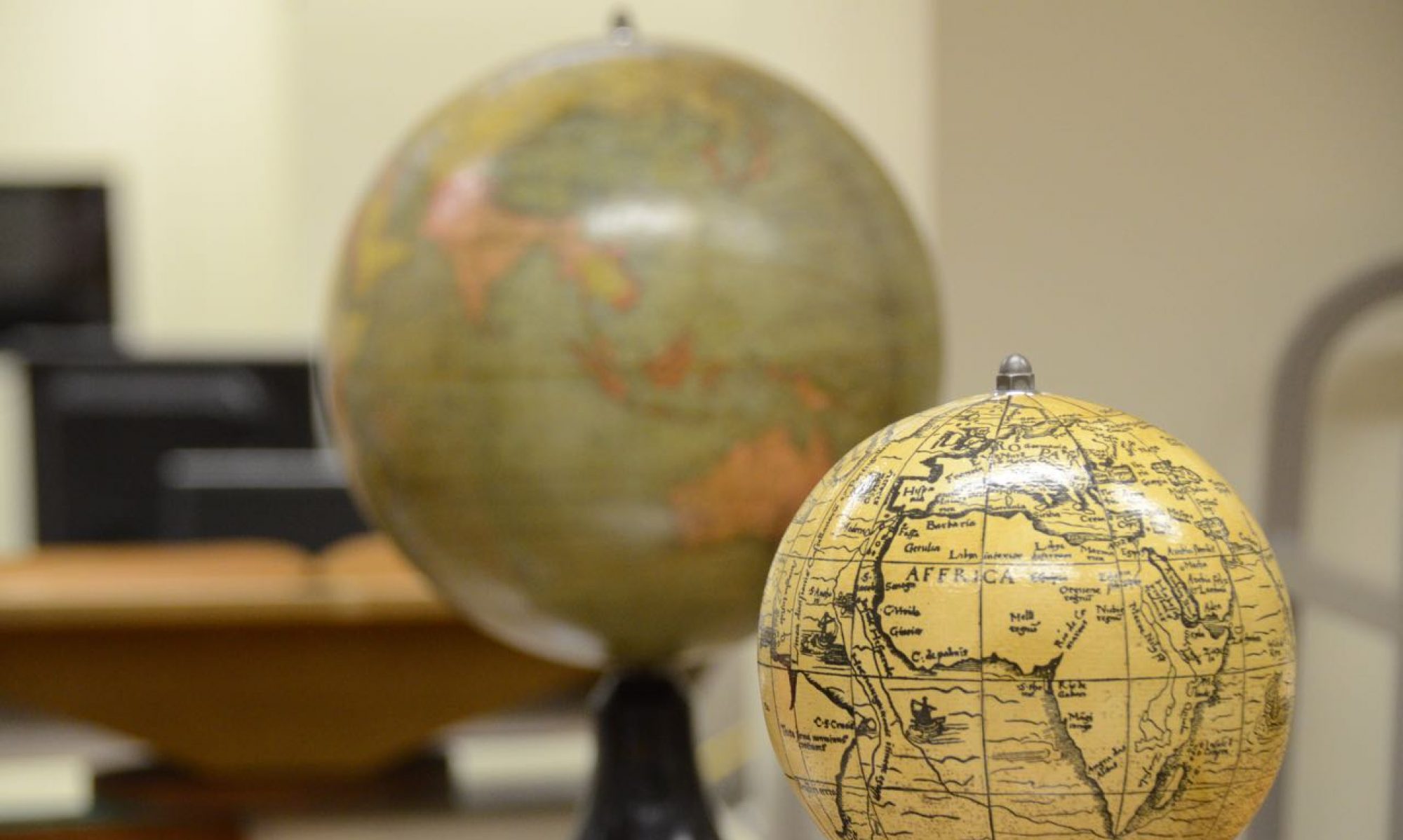SOLOMO ALEICHEMO ORT SCHOOL in Vilnius
http://www.jewishschool.lt
From Wikipedia
Vilnius Sholom Aleichem ORT gymnasium – full-time secondary school in Vilnius, IT Kraševskio g. 5 engaged in primary, secondary and non-formal education programs in Hebrew, Lithuanian, Russian. Named after writer Sholom Aleichem.
Vilniaus Šolomo Aleichemo ORT gimnazija – dieninė bendrojo lavinimo mokykla Vilniuje, J. I. Kraševskio g. 5, vykdanti pradinio, pagrindinio, vidurinio ir neformaliojo ugdymo programas hebrajų kalba, lietuvių, rusų kalbomis. Pavadinta rašytojo Šolomo Aleichemo vardu.
I met with the Director Misha Jakobas, who kindly showed me around the new campus and its impressive facilities. The students appeared to be very well behaved and there was a lovely atmosphere in the building, which they moved into only 3 months ago.
Parents attended the year end concerts, including my friend, Daniel Gurevich. We were quite surprised to bump into each other!
On a related, but somewhat tangential subject:
Roman Vishniac Exhibition at Polin in Warsaw, Poland
Which includes a segment on ORT. Runs until 31 August 2015.
http://www.sztetl.org.pl/…/4632,roman-vishniac-at-polin-mu…/


From Wikipedia
Roman Vishniac (/ˈvɪʃni.æk/; Russian: Рома́н Соломо́нович Вишня́к; August 19, 1897 – January 22, 1990) was a Russian-American photographer, best known for capturing on film the culture of Jews in Central and Eastern Europe before the Holocaust
Vishniac was a versatile photographer, an accomplished biologist, an art collector and teacher of art history. He also made significant scientific contributions to photomicroscopy and time-lapse photography. Vishniac was very interested in history, especially that of his ancestors, and strongly attached to his Jewish roots; he was a Zionist later in life.[3]
Roman Vishniac won international acclaim for his photos of shtetlach and Jewish ghettos, celebrity portraits, and microscopic biology. His book A Vanished World, published in 1983, made him famous and is one of the most detailed pictorial documentations of Jewish culture in Eastern Europe in the 1930s.[2] Vishniac was also remembered for his humanism and respect for life, sentiments that can be seen in all aspects of his work.
In August 2014, the International Center for Photography in New York City announced that 9,000 of Vishniac’s photos, many never printed or published before, would be posted in an online database.[4]























